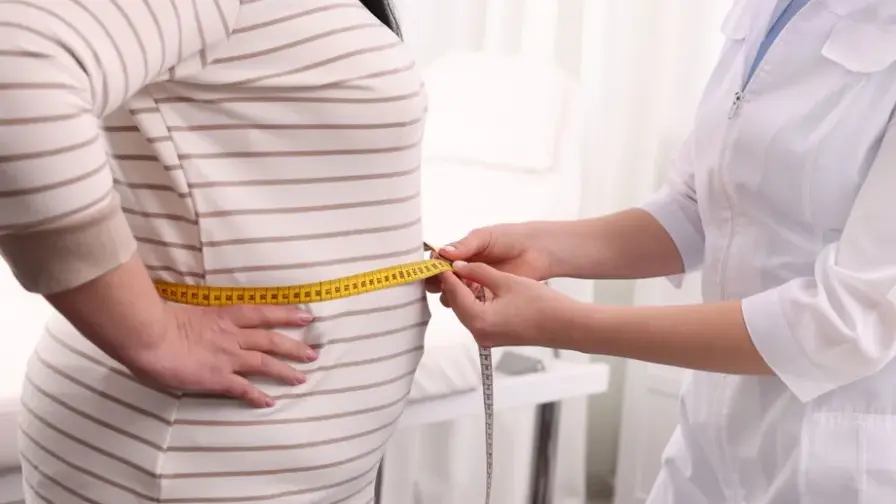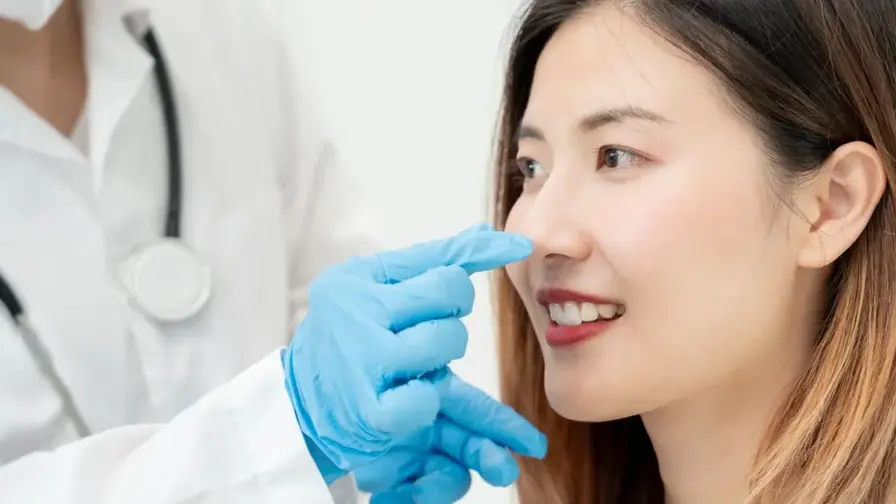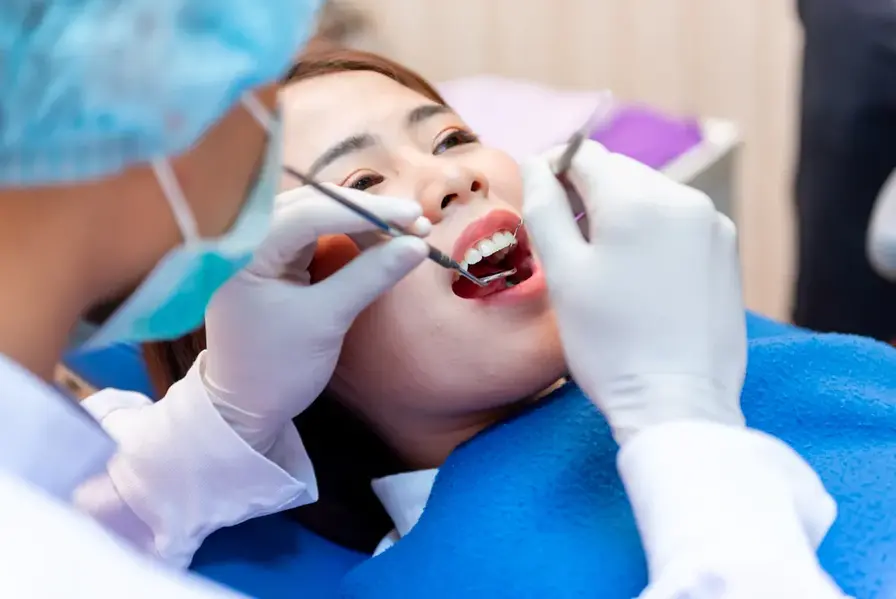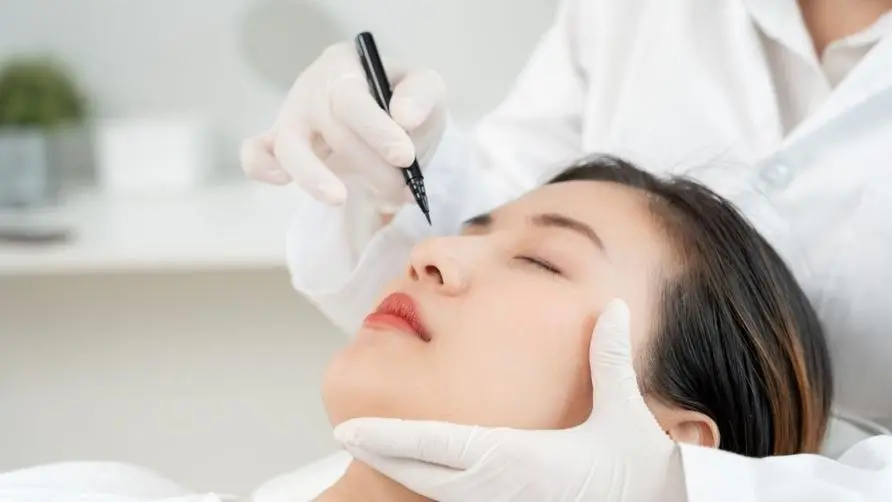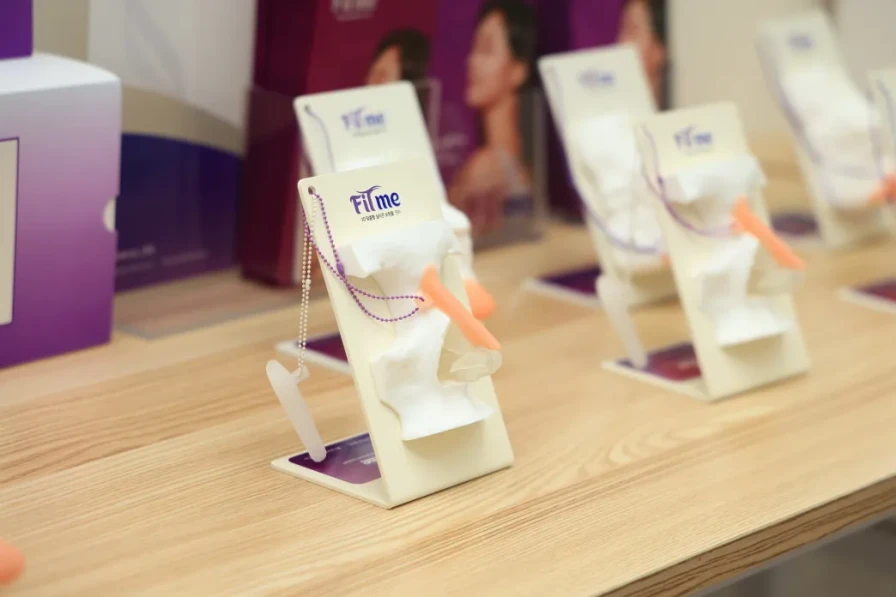Bone theft and selling case in China causes panic! Are Taiwan's medical aesthetic materials safe? Medical clarification: Only legal imports from the United States are approved
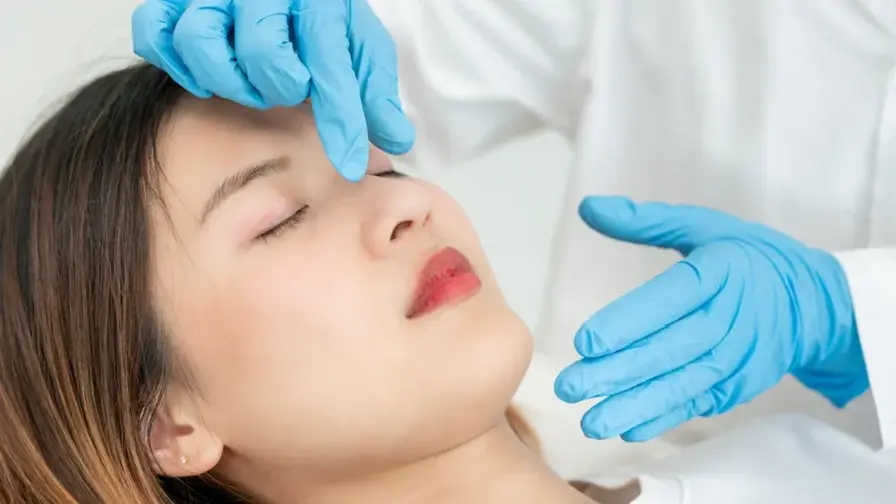
A recent case of illegal theft and sale of 4,000 cadaver bones broke out in Shanxi, China. It was shockingly reported that these human bone materials had flowed into the medical market, involving a total amount of 1.6 billion yuan. The news shocked society and also made Taiwanese netizens pay attention to the use of allogeneic costal cartilage (isocostal cartilage) in rhinoplasty surgery. security and provenance issues. Is the hetero-rib material used in Taiwan reliable? Are there any risks of illegal trading? In response to these doubts, Dr. Zhu Lizhen, who specializes in aesthetic rhinoplasty, explains it one by one and compares the advantages and disadvantages of heterologous rib and autologous costal cartilage rhinoplasty, so that consumers can choose with peace of mind.
China’s illegal supply chain promotes black market chaos in medical beauty materials
According to international reports, China’s human allograft bone market has been in a long-term imbalance between supply and demand. Legal sources are unable to meet the huge demand, prompting the growth of illegal supply chains. The Shanxi bone theft case has exposed the problem of illegal bone use in the medical beauty market. According to reports, in addition to being used in orthopedics and dentistry, allogeneic bone materials have even entered the plastic surgery system and are used in surgeries such as rhinoplasty and chin augmentation. Because some patients are unwilling to harvest their own ribs, they choose expensive allogeneic bone products, not knowing that their sources may be illegal, exposing themselves to a huge risk of disease.
Source of Taiwanese exotic ribs: Only imported from the United States is recognized, legality is guaranteed
In response to netizens’ concerns, Dr. Zhu Lizhen clarified that the “allogeneic bone implant materials” mentioned in Chinese media reports are actually mostly “hard bones” used as bone powder in orthopedics and dentistry to fill bone gaps. The “different ribs” used in rhinoplasty surgery in Taiwan actually refer to the rib “cartilage” of the human body. In addition, unlike hard bone, cartilage obtained illegally from cadavers without proper processing loses its transplantation function after cell death. Therefore, such rhinoplasty materials are not used in the Taiwanese market.
Regarding the safety of allogeneic costal cartilage, Dr. Zhu Lizhen pointed out that the Taiwan Ministry of Health and Welfare currently only approves the import of allogeneic costal cartilage materials from the United States and does not open sources from other countries. Since legal products undergo strict decellularization and sterilization procedures, which can effectively reduce the risk of rejection and infection, consumers can be relatively assured.
Allogeneic rib rhinoplasty has a high risk of absorption and should be carefully considered
Dr. Zhu further explained that the main advantages of Irradiated Homologous Costal Cartilage (IHCC) as a rhinoplasty graft are that it does not require self-removal of ribs, the operation time is short, the infection rate is low, and it can avoid leaving scars on the chest. But even so, there is still a certain risk of absorption of allogeneic ribs. After implantation in the human body, about 15-20% of patients may experience cartilage absorption. Especially when used to support tight locations such as the nose, the absorption rate may increase, making it easier to Some phenomena such as nose tip atrophy and loss of stiffness may occur after a period of time.
Autologous costal cartilage rhinoplasty is stable, less susceptible to infection, and has longer-lasting effects
Compared with allogeneic costal cartilage, Dr. Zhu Lizhen analyzed that autologous costal cartilage rhinoplasty has obvious advantages in terms of stability and durability. Because it is obtained from the patient’s own body, autologous costal cartilage is less likely to cause immune rejection and has a lower risk of absorption. In recent years, it has gradually replaced other materials and become the first choice for high-end customized rhinoplasty and segmented structural rhinoplasty. Even though the autologous costal cartilage harvesting surgery is more complicated and requires removing part of the ribs from the patient’s chest, requiring extra care of the harvested site after surgery, its long-term results are usually more natural and stable, making it more suitable for patients who pursue long-lasting results.
Ensure the safety of rhinoplasty surgery, check legal sources and post-operative care
Dr. Zhu emphasized that allograft rib rhinoplasty is still a relatively safe option for those with a physique and ethnic group that are not suitable for autologous ribs, as long as they choose a qualified medical institution and use alloplastic materials approved by the Taiwan Ministry of Health and Welfare. Consumers can proactively check the serial number code on the packaging of the allogeneic rib material before surgery to ensure its legality. Dr. Zhu Lizhen also reminded that whether you choose allogeneic rib or autologous rib rhinoplasty, postoperative care is very important. Only by avoiding smoking and drinking, keeping the wound clean, and regular follow-up visits within a year can the surgical effect be stable for a long time and maintain a confident and beautiful nose shape.
